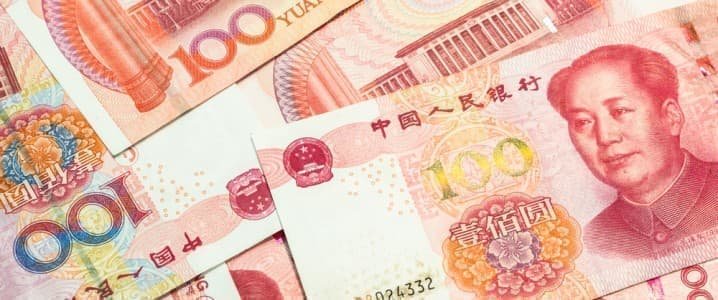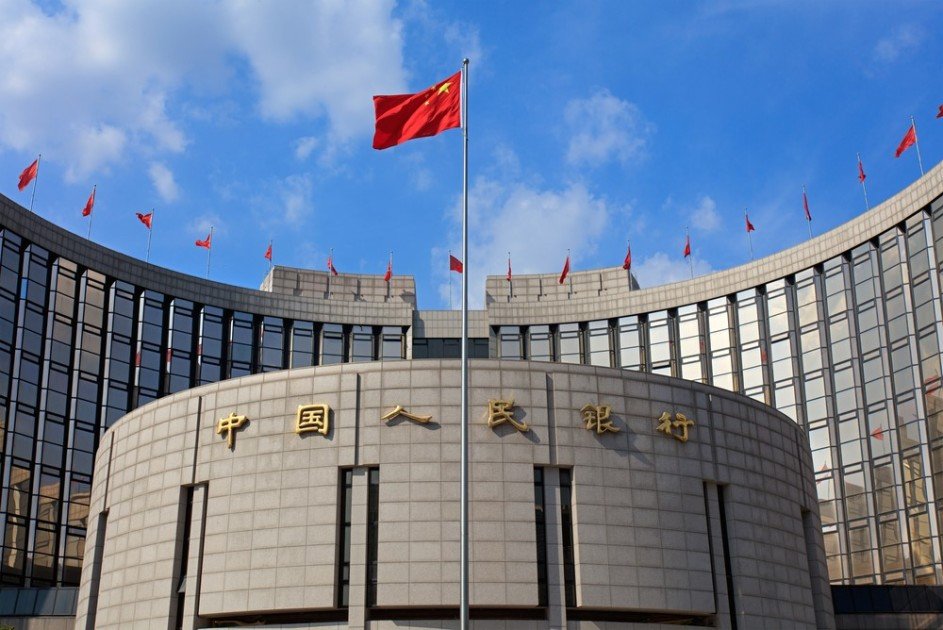In a landmark move that could reshape global commodity markets and impact iron ore prices, BHP Billiton has agreed to settle 30% of its iron ore spot trades with Chinese buyers in Chinese Yuan (RMB). This represents a significant departure from the longstanding U.S. dollar standard. Set to begin in Q4 2025, the shift marks a strategic pivot in Australia-China trade relations. It also signals China’s growing influence in global pricing mechanisms.
China’s confrontation with BHP over iron ore prices and currency settlement is more than just a commercial dispute. Some observers see it as a calculated maneuver in Beijing’s long-term campaign to reshape global trade and financial systems. By pressuring the world’s largest mining company to settle in China’s own currency, Beijing is testing its ability to erode the dominance of the U.S. dollar and assert greater control over commodity pricing. The RMB-based settlement will cover approximately 88.5 million tons (MT) of iron ore annually, which is worth an estimated US $10 billion.
The Flashpoint
China Mineral Resources Group issued a directive on September 30 of this year to suspend dollar-denominated purchases from BHP, disrupting shipments and triggering market uncertainty. The dispute centered on ore quality and pricing, but analysts suggest it was a deliberate pressure test to shift settlement norms.
Australian Prime Minister Anthony Albanese had expressed concern, emphasizing the importance of uninterrupted iron ore exports to China. These exports currently account for nearly 60% of Australia’s trade with its largest partner. However, experts warn that accepting yuan settlements could expose Australian producers to currency risk and signal alignment with China’s de-dollarization agenda.
Analysts say BHP’s partial concession, agreeing to settle 30% of spot trades in RMB, signals a tactical win for Beijing. The iron ore sector has long been dominate by USD pricing, and remains a prime target due to China’s outsized import share.
Is This the Start of “De-Dollarization?”
Many market analysts believe China’s push for RMB settlement aligns with its efforts to internationalize its currency, including:
- Offshore clearing hubs and Belt and Road–linked finance.
- RMB-denominated trade with Brazil and digital currency alternatives to SWIFT.
With 28% of China–Brazil iron ore trade already settled in RMB, the new BHP deal clearly indicate that Beijing is pushing to erode dollar dominance in commodity markets. As far as Australia is concerned, iron ore exports to China represent a pillar of national income. This leaves Canberra facing a balancing act: sustain trade while diversifying markets and reinforcing strategic autonomy through AUKUS and Quad partnerships.
While BHP’s long-term contracts for 2026 remain dollar-denominated, the company has left the door open for future RMB-based pricing. However, this depends on market acceptance of China’s RMB iron ore index. If the latter is successful, it could accelerate RMB internationalization and challenge the dollar’s dominance in commodity trade.
Australian Exporters Watching Situation, Iron Ore Prices
While not all exporters are panicking, reports claim the move has shattered assumptions about the inviolability of Australia’s iron ore trade. Some add it has also exposed the fragility of over-dependence on a single buyer with strategic ambitions. Meanwhile, China’s pressure on BHP has triggered concern among a section of the Australian exporters, especially those heavily reliant on the Chinese market.
The primary factor driving the anxiety is the strategic shock to a critical export item, as iron ore is the backbone of Australia’s trade surplus and fiscal stability. Even small changes in iron ore prices have proven to have an outsized impact on the country’s long-term profitability projections.
Going forward, exporters fear that accepting RMB settlements could expose them to exchange rate volatility and political leverage, especially if China uses currency terms to extract pricing or policy concessions. Some say the move has revived memories of the 2020–21 trade dispute, when China imposed informal bans on Australian wine, barley, coal and seafood in retaliation for political disagreements. But this time, the stakes are higher as iron ore is irreplaceable in both scale and value.
By Sohrab Darabshaw
More Top Reads From Oilprice.com







